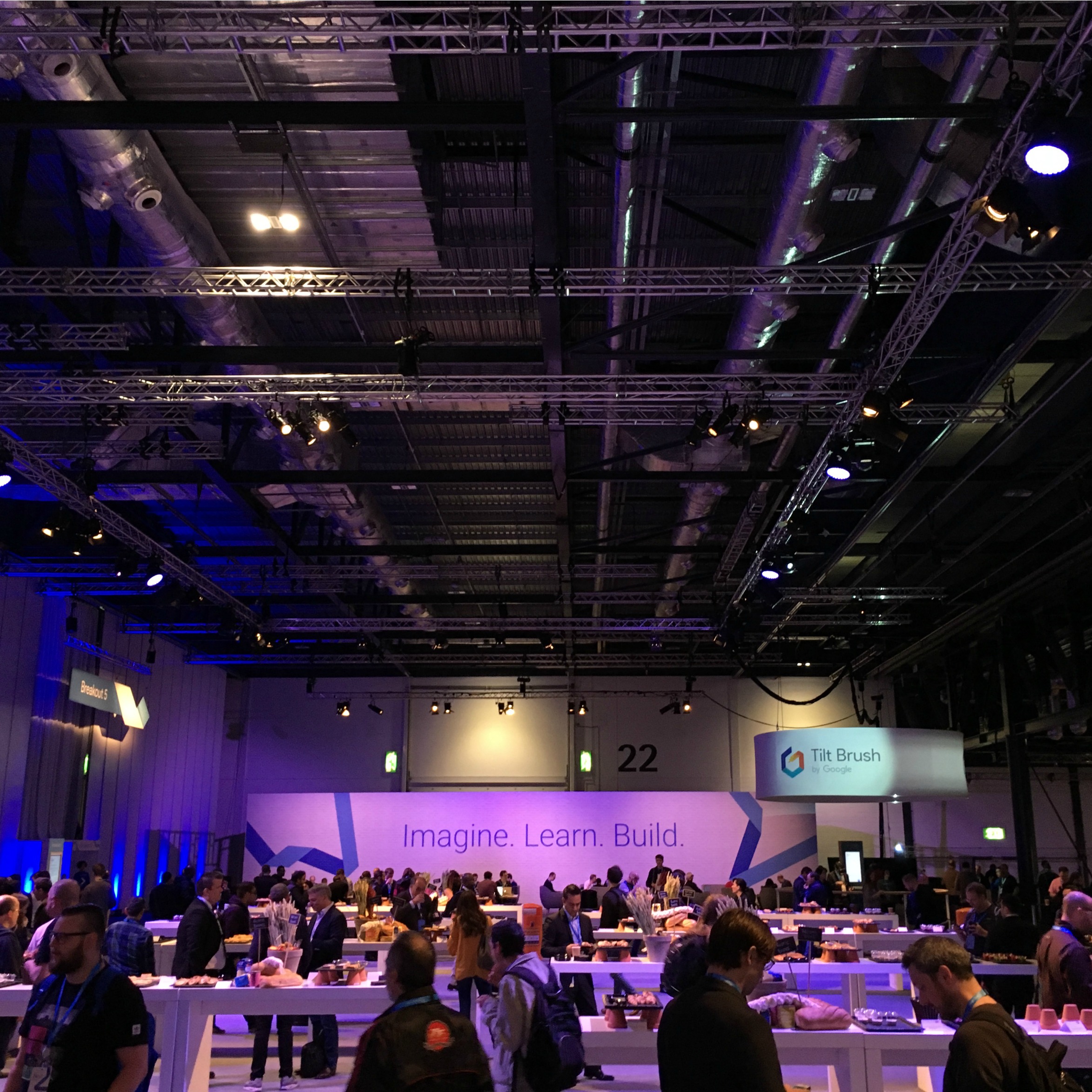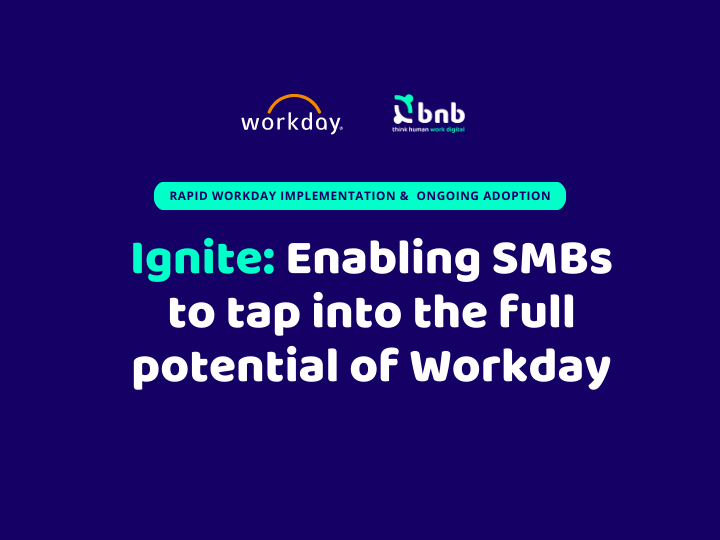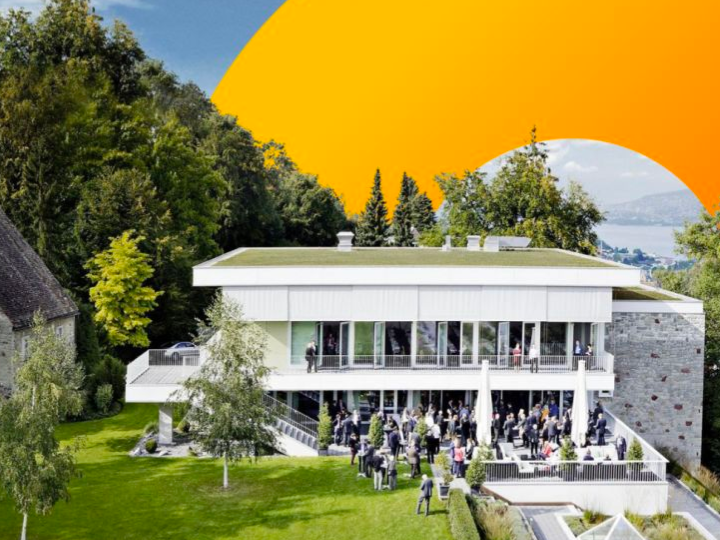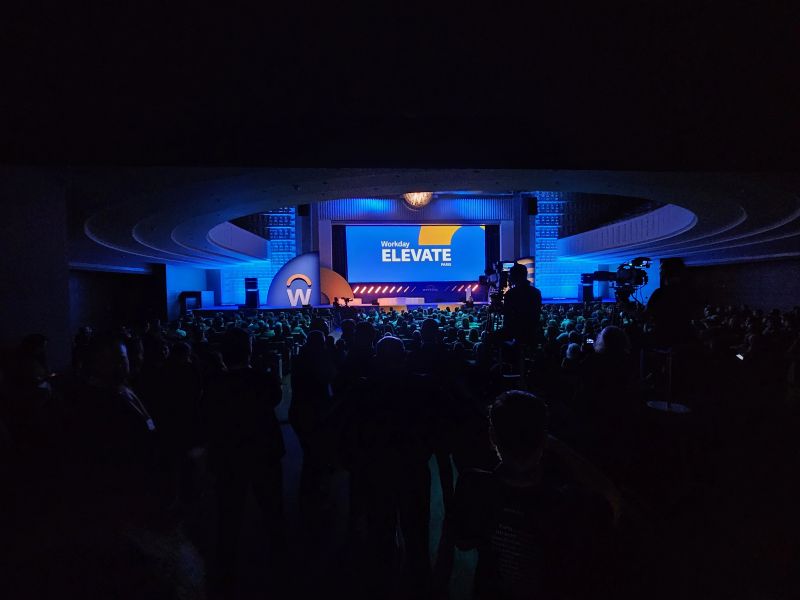On May 3rd and 4th I had the chance to attend the second day of the biggest Cloud event in the EMEA region: Google Cloud Next 17, where I wore two differents “hats”.
At BNB we have been using Google Services since the first day the company was founded. So the first “hat” I wore was the “Google Customer hat”. This was a great opportunity to experience how the G Suite has been evolving, and what the new services will be in the future. This “hat” also allowed me to connect with the Google engineers “behind the scenes” who work to build new services.

The second “hat” I donned that day was the “Cloud Service provider”. I have been working with customers to provide implementation consulting services around Cloud applications since 2013. Because we set up the Cloud practice in BNB, I was specifically interested in going a bit deeper into Machine Learning and understanding how science gains more presence within organisations.
With both of my “hats” on, I had a great experience at the event which was full of interesting content. As there were six sessions running at the same time, it was impossible to cover everything, as I would have liked. I will just share my experience in the conference and my thoughts about two main areas: Artificial Intelligence and the G Suite.
Cutting the fat and getting to the meat, there were three keywords that drove and inspired all of us at the conference: #Imagine #Learn #Build. Technology is evolving at a hectic pace and there is no doubt that cloud is one of the key facilitators of that fast-paced evolution. It is time to take a break to think about how these new technologies and ways of doing things can make our businesses evolve (not just survive) in this new Digital Era. We should think how we can leverage all these advancements to build new services.
Artificial Intelligence and Machine Learning
Microsoft’s CEO, Satya Nadella and Google share the same goal in regards to Democratizing AI. Brad Calder, VP of Engineering, Google Cloud, describes the term “Democratizing AI” as making AI available to anyone to simplify our lives and to help us resolve questions faster in ways that years ago would have seemed science fiction.

One of the updates in the Machine Learning field was the recent announcement of their Cloud Video Intelligence API, which allows the search for specific content within videos. I was very impressed with the demonstration by Dave Starling. He is the CTO of Seenit, a high-growth startup that has built a service that runs on Google Cloud Platform and uses the new Cloud Video Intelligence API to process and edit videos at scale. It’s a pretty cool service. To be able to run a search within videos such as “pool,” “horse,”etc. will open a large number of options for companies to use video data in a smarter way. During the first day of the conference, attendees were invited to download Seenit mobile app and upload videos that addressed specific questions included in the project created for the conference.
The following photo shows just one of the features of the service, which is a cloud tag automatically created after processing all the images included in the videos uploaded to the app. The second cloud tag was automatically created based on what people said in the videos uploaded by them. As Dave mentioned, this analysis allowed us to make a comparison between what people have shown and what people have said.
Cloud tag based on video images

Cloud tag based on what people says

In the field of HR (HR field?), what would you think if we were able to analyse what our employees say about the workplace, company or their workmates in order to make smarter decisions to improve our employee’s engagement levels? HR cloud-based applications are making their first steps towards AI technologies to help employees, managers and HR professionals make better decisions. I am looking forward to seeing what will come next in this area since it has just started in HR cloud-based applications.
But as the below slide from Martin Gorner’s session , “Deep Learning Jumpstart: recurrent neural networks with TensorFlow”, shows real life situations may put AI algorithms in trouble.

TensorFlow is an open-source software library for Machine Intelligence, that was originally developed by researchers and engineers who worked on the Google Brain Team within Google’s Machine Learning Intelligence organisation. They were trying to conduct machine learning and deep neural networks research. For more than a year, Google open-sourced TensorFlow to the wider community and currently there are companies such as Airbus, Airbnb, Intel or SAP who use TensorFlow, so I have no doubt that it will keep growing at a fast pace and it will continue to help organisations and researchers to find solutions to existing and unresolved problems.
G Suite
Prabhakar Raghavan, VP G Suite, gave us an overview about the new functionalities within existing tools such as Google Drive, about recently released applications such as Google Meet and those applications that are not still in GA such as Google Chats. One of the guiding threads of the new features and services is the use of AI algorithms.

The market of team communications and productivity tools is very competitive and Google is making a lot of effort in evolving its G Suite services with focus on the enterprises, so competing with well positioned providers such as, Microsoft (Skype), Cisco, Atlassian or Slack to mention some of the most used tools in enterprises. Google recently announced 2 new services, Hangout Meet and Hangout Chat, the latter is not generally available yet. A team of Google engineers did a live demo of both services as shown in the photo below, and I have to say that as a Hangout Meet user the process of setting and joining a video conference is extremely easy which meets Google’s goal to make the process effortless.

Did you miss Google Cloud Next 17?, you can find on-demand sessions in this link. Enjoy them!
For a more exhaustive list of all the announcements made in the Google Cloud Next ‘17 conference held in San Francisco back in March, you can read this Google post called “100 announcements (!) from Google Cloud Next ’17”.



